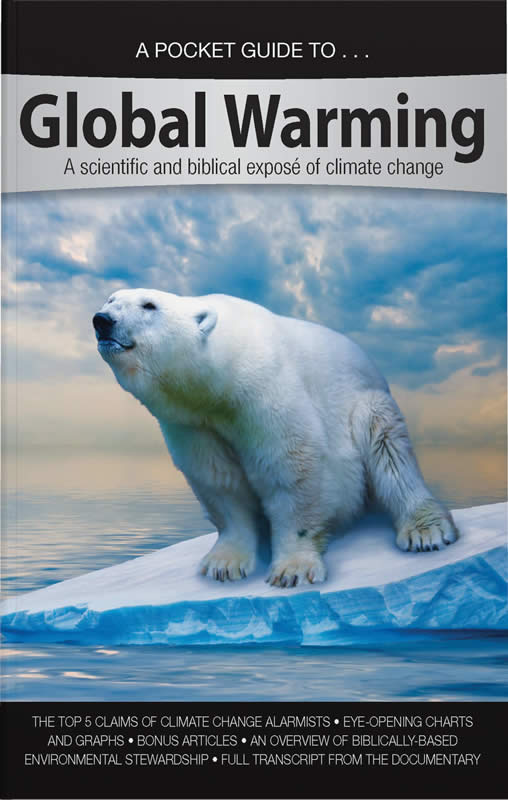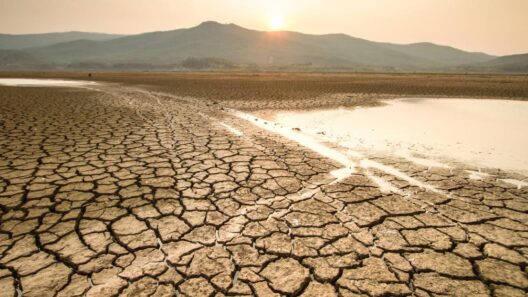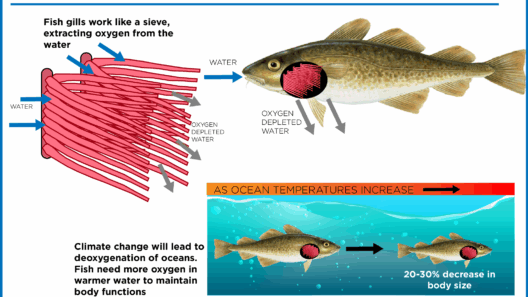Carbon footprints are a ubiquitous topic in discussions surrounding climate change. Yet, a common observation seems to permeate this discourse: many individuals remain skeptical about the broader impact of their individual footprints. This skepticism invites us to delve deeper into the complexities of carbon emissions and their relationship with global warming.
To comprehend the significance of carbon footprints, it is essential to define what they are. A carbon footprint quantifies the total greenhouse gas emissions, directly and indirectly, that an individual, organization, or community produces. It encompasses various activities, including transportation, energy consumption, and even dietary choices. The cumulative effect of these emissions contributes to the atmospheric concentration of carbon dioxide (CO2) and other greenhouse gases, which profoundly influences global temperatures.
At the core of this discussion lies a fundamental question: Do individual actions truly impact global warming? The answer is nuanced. While it is easy to dismiss the effect of personal behavior in the grand scheme of climate change, evidence indicates that individual choices collectively engender significant environmental consequences.
The scientific backdrop is compelling. The Intergovernmental Panel on Climate Change (IPCC) asserts that human activities, particularly those leading to increased greenhouse gas emissions, are the principal drivers of climate change. Fossil fuel combustion, deforestation, and agricultural practices contribute substantially to atmospheric greenhouse gas concentrations. These activities initiate a chain reaction, culminating in rising ocean levels, extreme weather events, and profound ecological disruption.
Individual carbon footprints, though seemingly small in isolation, accumulate considerably when viewed through the lens of global population numbers. For example, the Global Carbon Project estimates that in 2021 alone, global carbon dioxide emissions from fossil fuels reached 36.4 billion metric tons. To put this into perspective, if every individual took modest steps to reduce their emissions—such as utilizing public transportation or minimizing energy waste—this could aggregate to a formidable decline in overall emissions.
Moreover, individual carbon footprints are salient in informing societal norms and governmental policies. The choices individuals make can stimulate critical discussions around sustainability and environmental stewardship. For instance, when a community embraces sustainable practices, such as recycling or reducing meat consumption, it fosters an ethos that encourages broader systemic changes. Such collective actions can influence policymakers to create more robust climate legislation, thus amplifying the impact of individual efforts far beyond their initial intent.
However, it is also important to acknowledge the structural factors influencing carbon footprints. While individuals play a crucial role, systemic issues must be addressed to effect meaningful change. Industries, corporations, and governments bear considerable responsibility for greenhouse gas emissions. In many cases, structural inertia and economic incentives maintain the status quo, perpetuating environmentally detrimental practices. Transitioning to a sustainable economy necessitates coordinated efforts that transcend individual responsibility alone. Therefore, while personal reduction in carbon footprints is essential, it must be coupled with systemic reform to achieve impactful results.
Another factor to consider is the psychological dimension governing individual behavior concerning climate action. Cognitive dissonance often emerges when individuals’ values conflict with their lifestyle choices. Many people desire to mitigate climate change yet may feel overwhelmed by the enormity of the issue. Such dissonance can lead to apathy or disengagement, which ultimately undermines efforts to reduce personal carbon footprints. Bridging this psychological gap involves fostering a greater understanding of the tangible impacts of personal choices through education and engagement initiatives.
The complexity of this issue emphasizes the necessity for more profound reflection on how carbon footprints are perceived and acted upon. Curiosity about personal responsibility in addressing climate change often again leads to deeper questions. Why do some individuals feel empowered to make changes while others remain passive? The social influence of peers and community can significantly shape attitudes and behaviors, highlighting the importance of fostering a collective consciousness regarding climate action.
In addressing the question of individual impact on global climate change, it becomes clear that every action counts. While it is imperative to recognize the limitations of individual efforts, these actions constitute a critical component of a larger puzzle. Ultimately, individuals must be encouraged to consider their carbon footprints as multifactorial and interconnected with broader societal structures. Engaging in sustainable practices can create ripples of change that pervade communities and influence policy on a grand scale.
Furthermore, to facilitate a transition towards sustainable lifestyles, innovative solutions and technologies should be utilized. Renewable energy sources, such as solar and wind power, present promising avenues for significantly reducing carbon footprints on both an individual and collective level. Advances in transportation and energy efficiency can also diminish personal emissions, making sustainability more accessible to the average person.
Ultimately, the dialogue surrounding carbon footprints and their impact on global warming is both relevant and urgent. While the task of mitigating climate change may seem daunting, the cumulative effect of individual efforts can catalyze significant improvements. By acknowledging personal responsibility in relation to collective action and exploring structural solutions, society can make strides towards alleviating the threat of climate change.
As the conversation progresses, it becomes increasingly vital to inspire others to reflect on their roles within the climate crisis narrative. Engaging people in meaningful discourse, as well as providing tools for action, can help to demystify the path to a sustainable future. In the end, addressing carbon footprints is not merely about personal sacrifice; rather, it is an invitation to participate in a more profound transformation for the planet and future generations.







